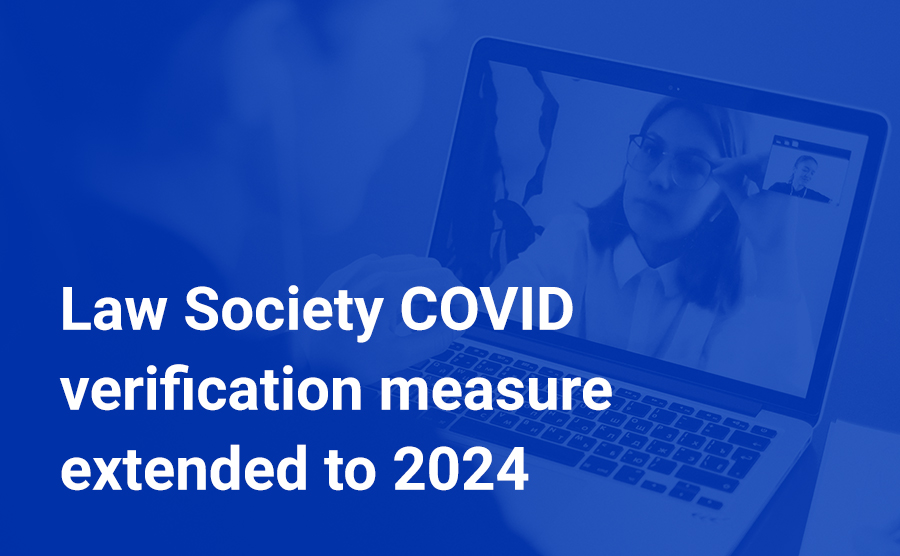
Last month, the Law Society of Ontario (LSO) extended the temporary COVID measure for virtual verification to January 1, 2024.
This pushes back the deadline to comply with new verification requirements, which has both positive implications and negative implications for Ontario law firms.
First, law firms now have more time to review and understand the LSO’s new virtual verification requirements.
This is how law firms can verify client identity using the authentication method.
According to the LSO, law firms can “assess the authenticity of the government-issued photo identification document by:
- Asking the individual to scan their government-issued photo identification document using the camera on their mobile phone or electronic device, and
- Using technology to compare the features of the government-issued photo identification document against
- known characteristics (e.g., size, texture, character spacing, raised lettering, format, design)
- security features (e.g., holograms, barcodes, magnetic strips, watermarks, embedded electronic chips), or
- markers (e.g., logos, symbols).”
Law firms can use the eID-Me identity verification service to automatically perform this entire identity authentication process, including steps 1 and 2.
Alternative verification methods include the credit file method and dual process method.
However, the LSO encourages law firms to use identity authentication as a best practice.
Second, if law firms choose to use authentication, they must decide which service to use.
Identity authentication and verification services vary by method, location of verification, and more.
For example, eID-Me uses technology to automatically scan and extract information from ID documents. Other services have people view identity documents over video chat.
eID-Me performs the verification in Canada. Other services perform the verification out of country.
It’s important for law firms to research and inquire about multiple solutions to see which one meets their needs best.
Finally, the negative implication of extending the temporary COVID measure is that this exposes law firms to the risk of identity fraud for a longer period of time.
Assessing the authenticity of ID documents over a video call is difficult.
You can’t feel for physical security features, you can’t scan invisible security features, and you often can’t see the visible features of the card clearly because of poor camera quality on most webcams and laptop cameras.
Fortunately most people are legitimate clients. But some people are not, and they can exploit weaknesses in a law firm’s verification processes, causing serious losses.
Ultimately, it’s up to law firms to ensure they have proper verification and fraud prevention technology in place. It’s up to them to decide how they will meet the LSO’s new requirements for virtual verification.
Now there’s more time to make that decision.
However, law firms shouldn’t delay searching for a solution for too long. All solutions take time to deploy and test.
It’s better to start sooner rather than later.